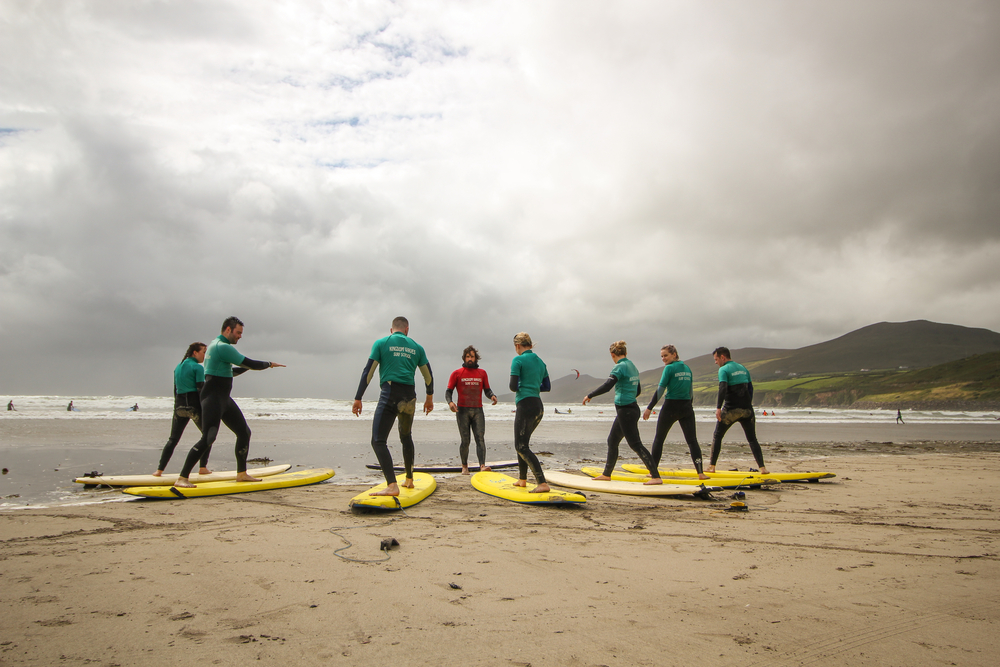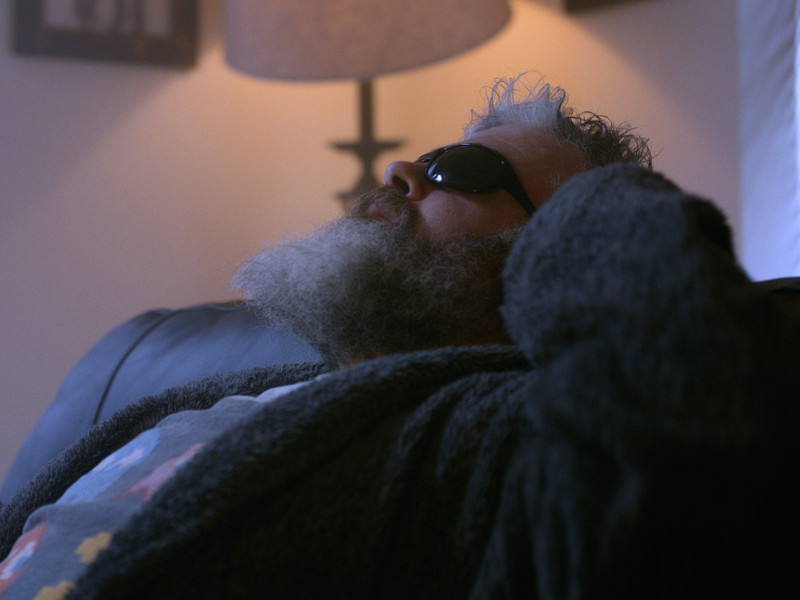A new report from NUI Galway examines how Ireland’s domestic coastal and marine tourism could significantly contribute to rebooting activity in the sector.
A new report from NUI Galway’s Socio-Economic Marine Research Unit (SEMRU) suggests that Ireland’s domestic coastal and marine tourism activity could play a significant role in rebooting the sector as the Covid-19 restrictions begin to ease off.
However, getting a clear understanding of the potential impact the coastal and marine activity could have is difficult as annual expenditure figures are produced for the overall domestic tourism market by the Central Statistics Office.
Maximising return
According to the findings in the report, the average expenditure per coastal day trip in 2018 was €95, with the equivalent for coastal overnight trips being €310.
Total expenditure by domestic tourists in coastal areas was estimated to be €698 million in 2018, which represents 35 per cent of the total expenditure by domestic tourists that year.
“Given that it is likely that the overseas tourism market will take much longer to recover, and Irish residents’ travel abroad will also be curtailed, the industry should be examining how they can maximise the return from the domestic tourism market”
The marine related activity expenditure on overnight trips, or what might truly be referred to as domestic marine tourism, is estimated to have generated revenue of €381 million with €172 million of this being spent on water-based activities.
Dr Stephen Hynes, co-author of the report and director of SEMRU based at the Whitaker Institute for Innovation and Societal Change at NUI Galway, said; “While the results presented in this report are from a time that precedes the current Covid-19 crisis, they nevertheless highlight the economic contribution that domestic marine tourism and leisure activity makes under normal circumstances to coastal regions, particularly those regions outside the capital.
“Also, given that it is likely that the overseas tourism market will take much longer to recover, and Irish residents’ travel abroad will also be curtailed, the industry should be examining how they can maximise the return from the domestic tourism market this year and next.”
Funded by the Marine Institute through its Marine Research Programme, SEMRU carried out a household survey of residents in 2019 to generate information on domestic coastal and marine tourism in Ireland.
As well as expenditure patterns, the survey also examined participation rates amongst domestic residents in a variety of marine activities and where Irish residents went for overnight coastal visits. The survey consisted of face-to-face interviews with a representative sample of over one thousand households.
Based on the results, 77 per cent of respondents said they had actively engaged in marine related activities, on either day or overnight trips, during the year 2018.
Significant differences in participation rates were observed across a number of socio-demographic classifications including age, social class and education attainment levels.
“Tourism in Ireland will be looking to domestic demand for recovery, and the evidence points to the huge potential for coastal and marine tourism to contribute to rebooting activity in this sector”
The report argues that given the observed differences in marine activity participation rates across the social classes, a worthy policy objective would be ensuring that all sections of society have the opportunity to access the wellbeing and mental health benefits that are known to come from interaction with the marine environment.
Commenting on the findings, professor Alan Ahearne, director of the Whitaker Institute at NUI Galway said; “The World Tourism Organization is forecasting that international tourist arrivals could plunge 60-80 per cent this year because of the Covid-19 pandemic and may remain at depressed levels next year.
“Tourism in Ireland will be looking to domestic demand for recovery, and the evidence points to the huge potential for coastal and marine tourism to contribute to rebooting activity in this sector.”
Since its establishment in 2009, SEMRU has been successful in attracting research funding to support the expansion of its marine socio-economic research programme. The unit is now a partner in a number of European-funded projects in the area of the socio-economics of the marine environment. For more information on SEMRU and to download the full report, click here.
By Stephen Larkin
Published: 20 May, 2020







